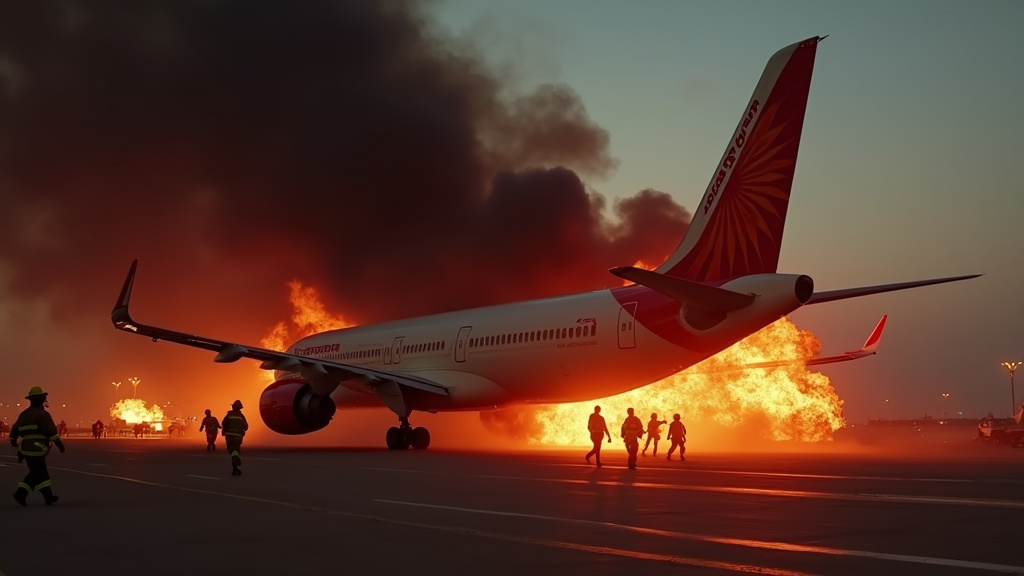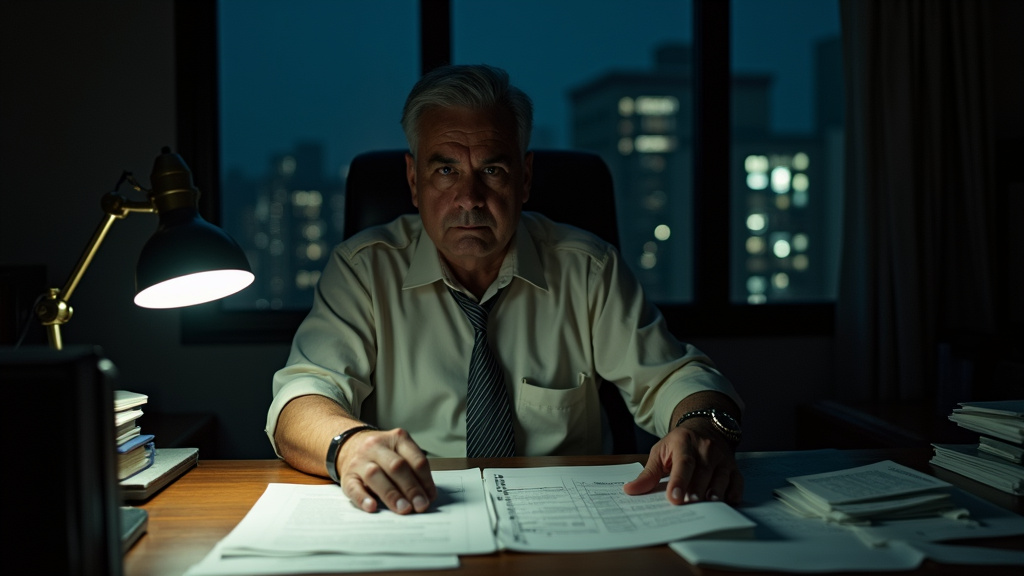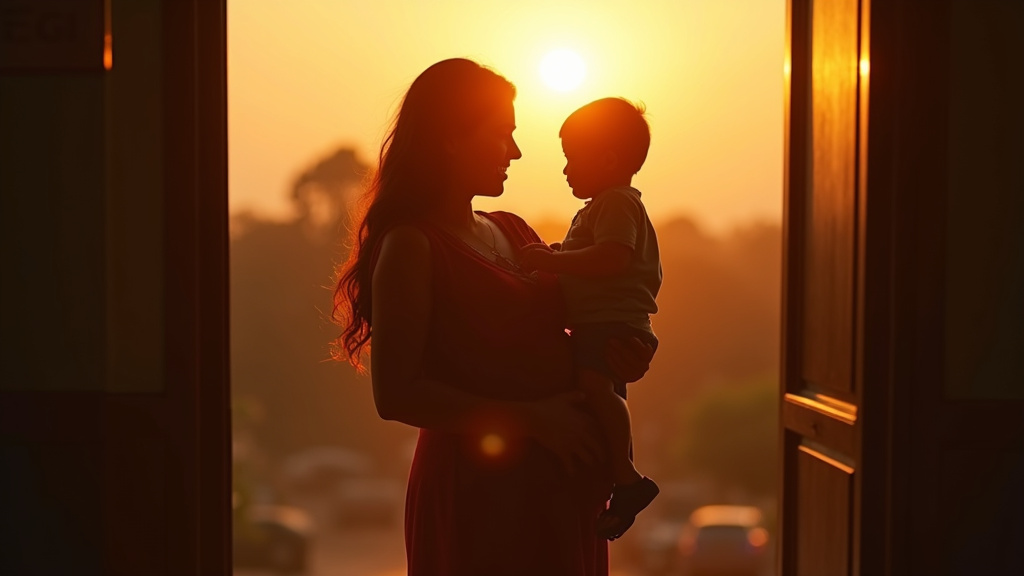The 80th session of the United Nations General Assembly (UNGA) in New York has entered its crucial General Debate phase, with world leaders converging to address a world grappling with escalating conflicts, economic uncertainty, and pressing humanitarian crises. The current proceedings on September 26, 2025, saw a stark divergence of views, particularly concerning the ongoing conflict in Gaza, with Israeli Prime Minister Benjamin Netanyahu delivering a defiant speech that prompted a mass walkout by many delegates.
Netanyahu’s Defiant Stance Amidst Protests
Prime Minister Benjamin Netanyahu addressed the General Assembly on the fourth day of speeches, asserting that Israel “must finish the job” against Hamas in Gaza. His remarks came amidst growing international isolation over his refusal to end the devastating war, a stance that has led several nations, including France, Britain, Canada, and Australia, to recognize Palestinian statehood in recent days. Netanyahu criticized these moves, calling them a “mark of shame” and a reward for “the most savage terrorists on earth”. He also claimed Israel had achieved a “stunning military comeback” since the October 7th attacks, boasting of regional operations against Iran and its allies. However, his address was met with significant protest, as scores of diplomats from multiple countries walked out of the assembly hall en masse as he took the podium, underscoring the deep divisions on the issue. The Israeli Prime Minister also spoke directly to Hamas, demanding the immediate release of hostages, and stated that Israel would “hunt them down” if they did not comply. The backdrop to his speech included an International Criminal Court arrest warrant against him for alleged war crimes.
Sharif Highlights Climate Disasters and Regional Tensions
Pakistan’s Prime Minister Shehbaz Sharif also addressed the UNGA, focusing on the interconnectedness of global challenges, including climate change, terrorism, and geopolitical instability. Sharif warned of escalating climate disasters, noting Pakistan’s vulnerability to severe floods, and underscored the need for multilateralism in addressing these intertwined issues. He also recounted the military confrontation between Pakistan and India earlier in the year, asserting that Pakistan responded decisively to “unprovoked aggression” and claimed that Pakistani fighter jets had “turned 7 Indian jets into scrap”. Sharif advocated for “proactive rather than provocative” leadership in South Asia and reaffirmed Pakistan’s commitment to the peaceful settlement of disputes. He also condemned terrorism in all its forms and expressed solidarity with Qatar following a recent attack there.
Li Qiang Champions Multilateralism and Global Development
Chinese Premier Li Qiang presented Beijing’s vision for a stable global order, urging the United Nations to embrace multilateral values. He identified “unilateral and protectionist measures such as tariff hikes” as a major cause of global economic uncertainty. Li emphasized that solidarity and cooperation are the most powerful drivers for human progress, and that division “drags all down”. He called for greater collaboration to promote inclusive economic globalization and presented China’s Global Development Initiative as a widely supported framework for shared progress. Li also took veiled swipes at US policies, promoting China’s approach to global governance and development in contrast to perceived isolationism.
Gaza Conflict Dominates International Discourse
The humanitarian suffering in Gaza remained a central theme, with numerous leaders criticizing Israel’s military actions. Greek Prime Minister Kyriakos Mitsotakis warned that the continued course of action in Gaza risks Israel’s own interests and leads to an erosion of international support, potentially alienating its allies. Mitsotakis stressed the need to protect civilians and reiterated support for a two-state solution, calling for a ceasefire and substantial humanitarian aid. Ireland’s Prime Minister Micheal Martin also voiced solidarity with Gaza, describing Israel’s war as an “affront to human dignity and decency”. The United Nations Secretary-General António Guterres, opening the debate, condemned Hamas’s attacks but also criticized the “collective punishment of the Palestinian people and the systematic destruction of Gaza,” demanding a permanent ceasefire and the release of hostages.
Broader Themes and Challenges
Beyond the immediate conflicts, the 80th UNGA, themed “Better together: 80 years and more for peace, development and human rights,” highlighted the urgency of addressing climate change, advancing gender equality, and establishing global governance for artificial intelligence. Leaders also spoke on the need for revitalizing global cooperation amidst a world experiencing an “age of reckless disruption and relentless human suffering”. However, the organization itself faces significant challenges, including funding cuts and questions about its effectiveness and relevance in the current geopolitical landscape, with some experts noting the UN appears to be in “trauma”.
The ongoing General Debate at the UNGA continues to be a critical platform for leaders to articulate their nations’ positions and grapple with the complex, interconnected crises that define the current global landscape, setting the stage for crucial diplomatic engagements in the coming days.















